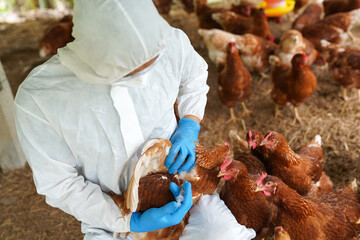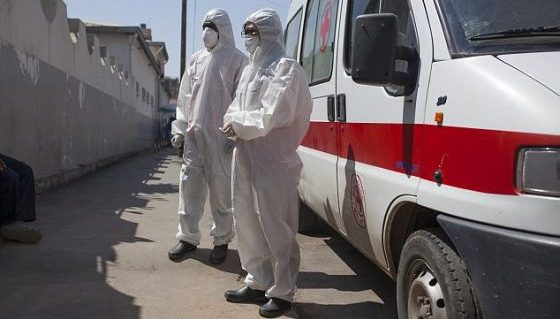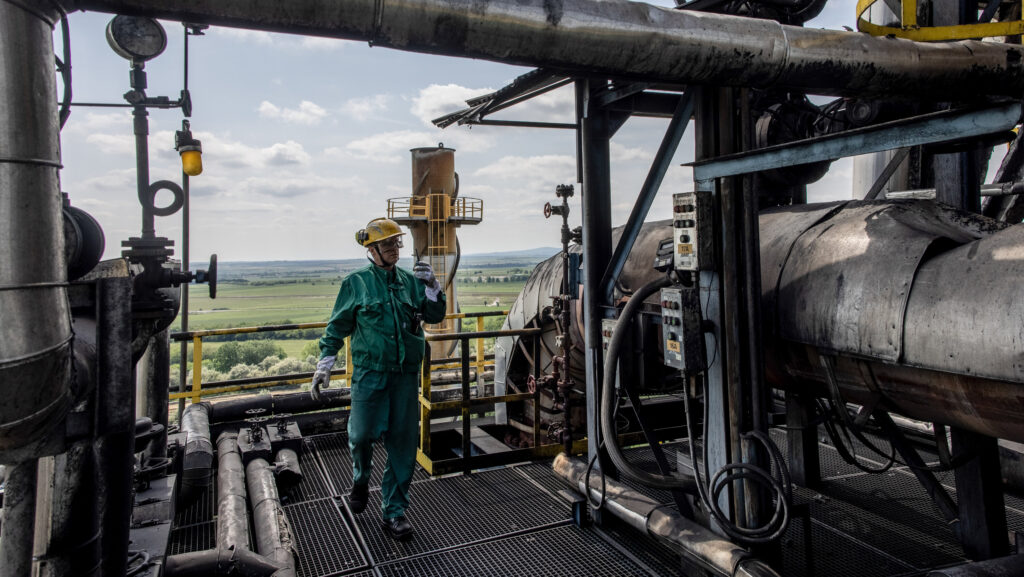Bird Flu’s Risk To Humans is Growing

Bird flu has been circulating globally for decades, but it is now posing a heightened risk to humans.
Veterinarian Dr. Kay Russo told CBS News that we are running out of time to prevent the spread of bird flu. She was called in when the H5N1 virus hit this dairy herd in Colorado last summer. The farm spent approximately $400,000 treating its sick cattle; most of them recovered. But as an added precaution, we suited up to ensure we didn’t bring anything onto the farm ourselves.
In just over a year, the virus has ripped through America’s dairy herds and poultry flocks. It has jumped to other mammals, including humans. Seventy Americans have caught the virus, and one has died.
Dr. Kay Russo told CBS News the mortality rate is high. “If you look at cases worldwide of H5 influenza, the mortality rate’s fifty per cent. And so we’re all kind of you know, talking to each other. What does this mean? And that was a scary space to be in,” said Dr. Russo.
Influenza is a particularly formidable virus, said Dr. Kamran Khan. “It is constantly changing. And the more that we allow it to evolve and adapt by infecting people, I mean, this is kinda Darwinian evolution here, right?” Dr. Khan posited. “It can change in ways that actually make it even more deadly, or more easily transmissible, or even resist against some of the antiviral medications that we have.”
Bird Flu Detected In Texas Panhandle Mammals
Dr. Khan continued saying that this virus does have “pandemic potential,” but it’s unclear how much more time we have until it crosses that threshold.
Many scientists have already said that vaccines could be our best defense. There is a vaccine for bird flu, but it has not been licensed by the Food and Drug Administration. Moderna has a new one, but the Trump administration has paused its final funding. There are vaccines for poultry, too, but they haven’t been used because many of America’s trading partners will not import vaccinated birds.
USDA Secretary Brooke Rollins REJECTS Bird Flu Vaccines, Focuses On Biosecurity To Lower Egg Prices







